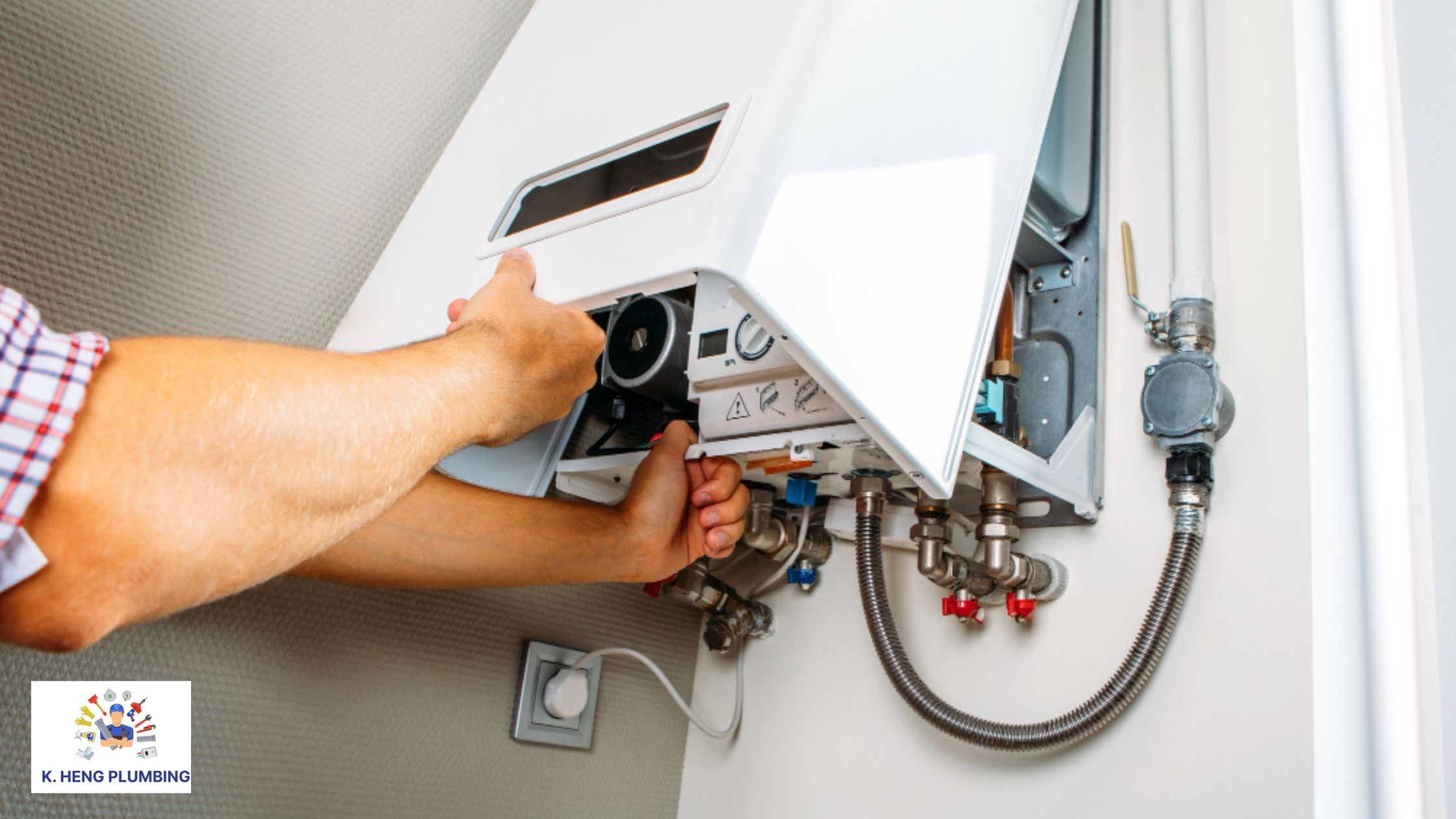 18 Oct 2023
18 Oct 2023
Water heaters are essential to modern households, providing us with the hot water needed for daily activities like showering, washing dishes, and doing laundry. However, they are also complex devices that can occasionally malfunction.
One of the most common issues homeowners face with their water heaters is leakage, a problem that can lead to increased water bills, water damage, and significant inconvenience. Understanding why your water heater is leaking and how to manage the problem can save you significant time, effort, and money.
If you’ve found yourself searching for a plumber to help with a Water heater repair or a more complicated problem like Fixing leaking water heaters, you’ve come to the right place. This comprehensive guide will cover everything from identifying the cause of the leak to possible preventive measures, enabling you to effectively navigate any water heater issues that may arise.
What’s Making My Water Heater Spring a Leak?
- Corrosion and Rust: Water heaters are hardy, but they’re not invincible. Over time, they can rust and corrode, particularly if the anode rod (which attracts corrosive elements) wears out. This can cause your heater to spring a leak.
- High Pressure in the Tank: Water heaters aren’t pressure cookers. If the pressure inside the tank gets too high, the thermostat being set too high or the pressure relief valve malfunctioning can cause a leak.
- Faulty Temperature & Pressure Relief Valve: Speaking of the pressure relief valve, this little valve’s job is to let out excess pressure. If it’s faulty, that pressure can build up, leading to water heater leaks.
- Leaky Water Supply Pipes: Sometimes, the issue lies not with the heater but with the water supply pipes.
- Installation Mishaps: If your water heater’s been improperly installed, it can lead to leaks.
- Condensation Drips: Sometimes, what you think is a leak, is just condensation. This can happen when cold water enters the tank and leads to condensation on the outer surface.
- Leaking Hot Water Tank: This is usually a serious issue and often means the tank needs to be replaced.
- Dripping Drain Valve: The drain valve can sometimes be leaky, but the good news is, it’s usually easy to fix or replace.
Spotting a Water Heater Leak
So how do you tell if your water heater’s sprung a leak? Watch out for signs like water pooling around the heater, dampness on the surrounding walls, or an unusual increase in your water bill.
Potential Damage from Leaky Heaters
A leaking water heater isn’t just an annoyance – it can also lead to more serious issues. Dampness from a persistent leak can damage flooring and walls, and if left unattended, could lead to the growth of mold and mildew, posing health risks. Additionally, leaks can drive up your utility bills – and let’s be real, nobody wants that!
Handling a Leaky Water Heater
First things first – if you find your heater leaking, switch off the power and shut off the water supply. Don’t try to be a hero and fix a leaking heater while it’s still hot and pressurized.
Once it’s safe, you can try draining the heater, but remember – unless you’re a certified plumber, it’s always a good idea to call in the professionals.
Preventive Measures: Better Safe Than Sorry
Regular inspection and maintenance can help nip potential leaks in the bud. Keeping a close eye on your unit for any signs of Water heater leak prevention will save you a lot of trouble and potential repair costs.
Also, keep in mind that water heaters have a lifespan – usually around 8-12 years. If your heater is older than that, it might be time for a replacement.
When It’s Time to Say Goodbye
If your heater is old, the leak is substantial, or the unit isn’t efficient anymore, it may be time to consider a replacement. While it may seem like a significant expense, a new, efficient unit can save you money in the long run.
Picking a New Water Heater
When choosing a new water heater, consider factors like size, capacity, energy efficiency, cost, and warranty.
Well, there you have it, folks! I hope this article helps you navigate the slippery issue of water heater leaks. Remember, always call a professional when you are in doubt
